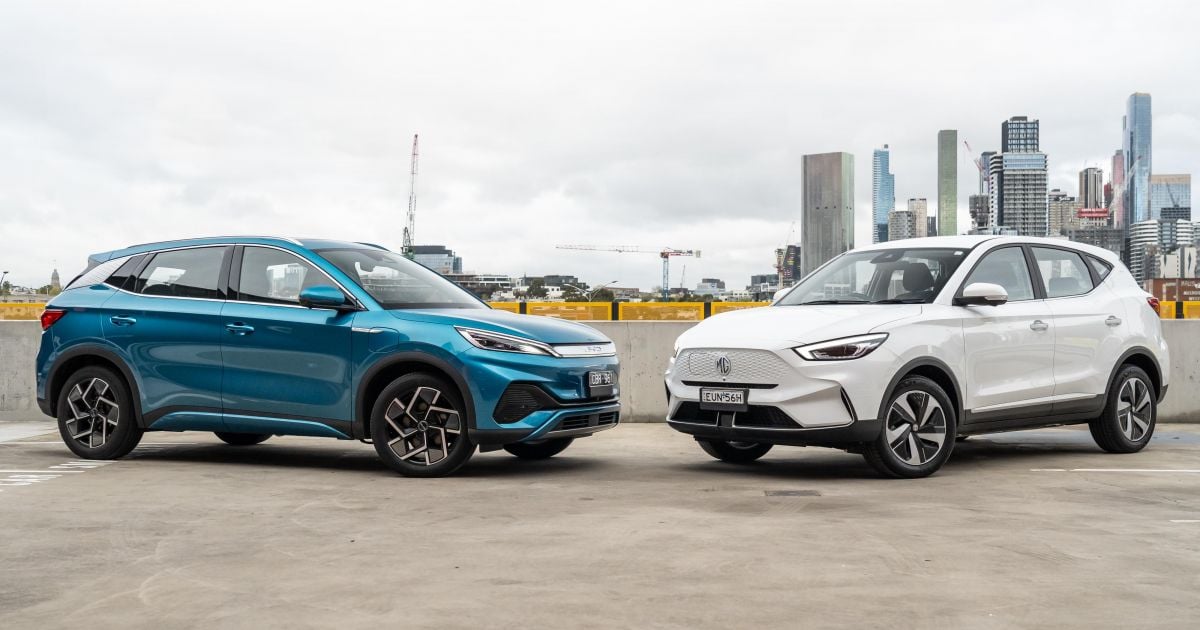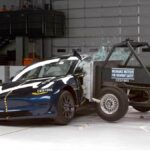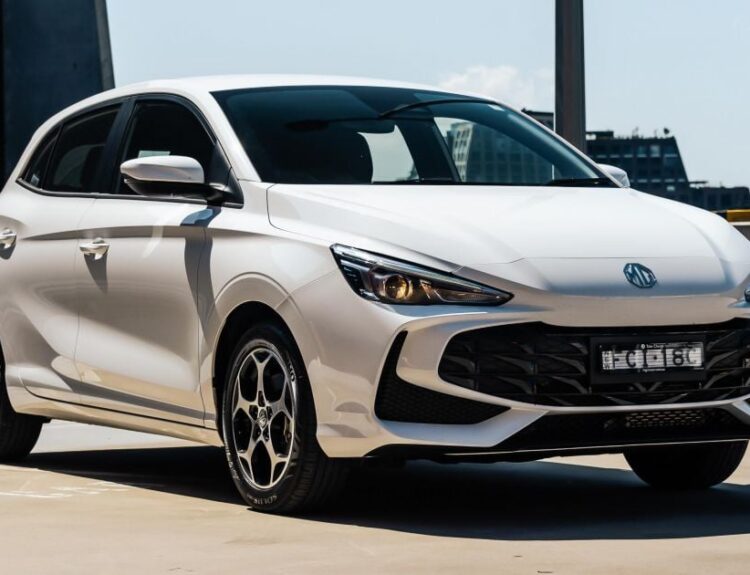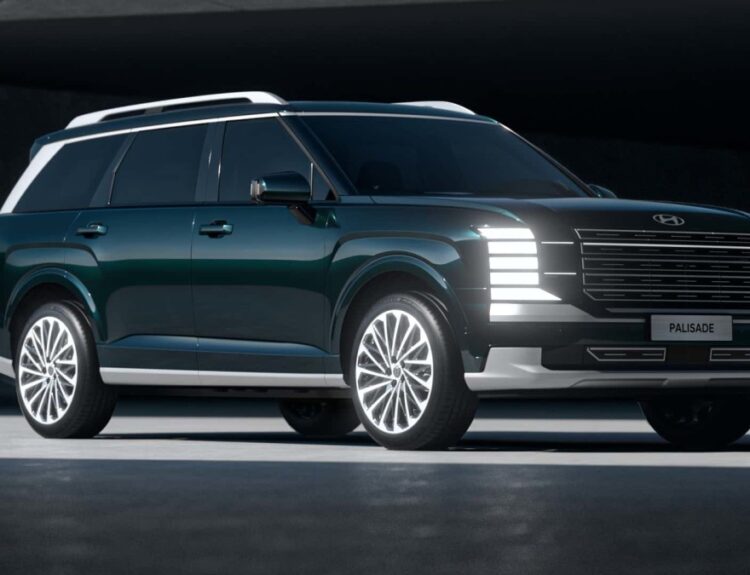As several Australian states gradually withdraw their electric vehicle (EV) incentives, the Federal Government is introducing a novel financial initiative: low-interest loans aimed at promoting EV adoption.
In a recent announcement, the government revealed that it will offer these loans to individuals earning less than $100,000 annually, as well as to essential workers including police officers, teachers, firefighters, and nurses. The program will cover both new and used electric vehicles priced up to $55,000, alongside home EV charging infrastructure.
This initiative is financially supported by $150 million from the Clean Energy Finance Corporation (CEFC). The loans will feature interest rates up to five percentage points lower than the norm, potentially translating to savings exceeding $8,000 for a $40,000 loan over seven years.
Under this scheme, only one new Tesla model, the base Model 3 RWD, falls within the $55,000 limit. Popular options that qualify include the MG 4 and BYD Atto 3. This incentive complements existing benefits such as Fringe Benefits Tax exemptions and import tariff relief already provided by the government.
The rollout of this initiative comes amid a notable slowdown in EV sales growth in Australia, which experienced a significant surge in recent years. From January to November this year, EV sales rose by a modest 3.1% in a market that grew by 1.7%. In stark contrast, hybrid vehicle sales soared by 79.3%, while plug-in hybrids saw an impressive 100.4% increase during the same period.
When viewed against the backdrop of last year’s performance, which saw EV sales skyrocket by 184% from January to November 2022, the current growth reflects a deceleration in momentum. However, the market has expanded significantly in terms of available EV models, with an influx of both established and new brands such as BYD and Chery.
In the coming months, even more brands are set to enter the Australian market, including Zeekr, Deepal, Xpeng, and Cadillac.
Chris Bowen, Minister for Climate Change and Energy, emphasized the government’s commitment to facilitating access to economical cars. “Only the Albanese Labor Government is ensuring that more Australians can drive vehicles that are cheaper to operate, allowing them to save on their daily commutes,” he stated. “Discounted loans effectively lower ownership barriers and enable greater numbers of Australians to benefit from significant savings.”
Industry leaders have largely lauded the announcement. Aman Gaur, head of policy and legal affairs for the Electric Vehicle Council, noted, “The high upfront costs have been a significant obstacle for EV ownership, so providing low-interest loans for low and middle-income Australians will be instrumental in overcoming this challenge. Financial support is vital in hastening the transition to electric vehicles and fostering the next wave of drivers.”
Gaur also expressed satisfaction that the loan program accommodates the purchase of used battery EVs, as most Australians favor second-hand vehicles. “The pre-owned EV market is still nascent, so targeted incentives and support are crucial in nurturing uptake and establishing a self-sustaining market,” he added.
Matt Hobbs, CEO of the Motor Trades Association of Australia (MTAA), affirmed that the government has engaged with industry stakeholders on the matter. “The approach to decarbonizing transport must involve both incentives and regulatory measures—not merely a punitive framework,” he remarked. “For the automotive sector to thrive in this transition, consumer uptake is essential. As evidenced in international markets, targeted consumer incentives are vital components of the broader decarbonization strategy we are pursuing.”
Source:www.carexpert.com.au






